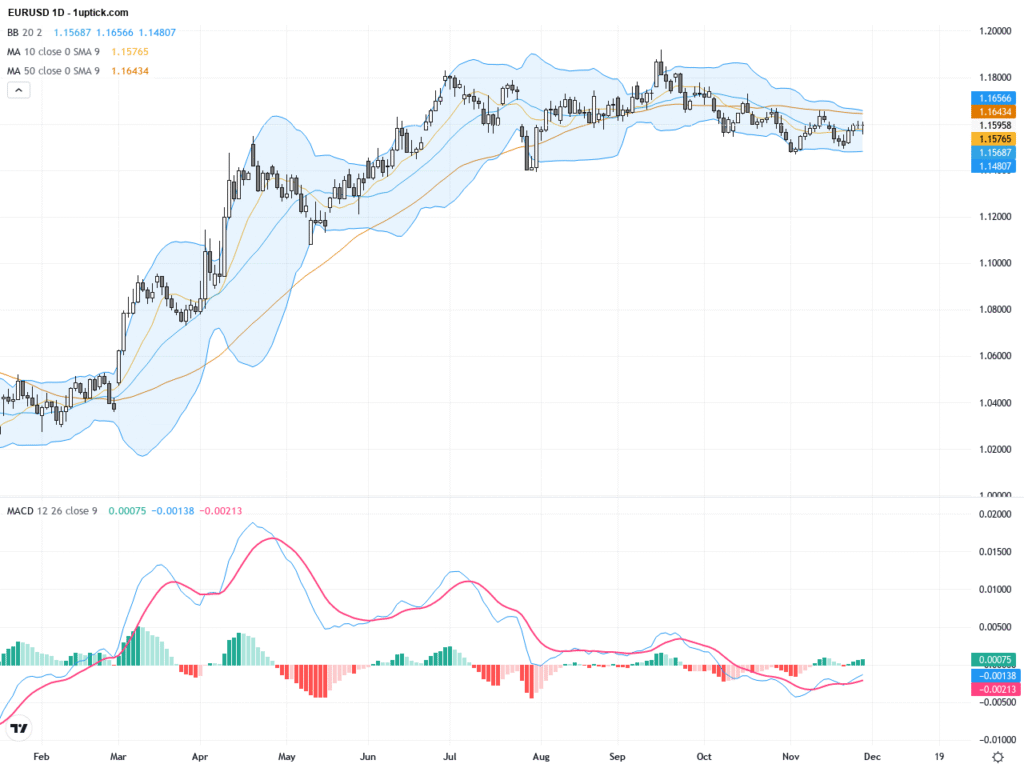 |
| Gold V.1.3.1 signal Telegram Channel (English) |

How Trump’s Defense Spending Surge Drives Growth in U.S. Military Stocks and Shipbuilding
2025-08-25 @ 01:00
Under the Trump administration’s renewed focus on defense and military strength, U.S. defense stocks have become a focal point for investors seeking opportunities tied to policy, geopolitical shifts, and rising federal spending. Despite ongoing volatility and unpredictable global events, the underlying themes shaping the sector remain tightly linked to political decisions and international security challenges.
Defense Spending Surges Under Trump
With President Trump’s return to the White House, one of his administration’s earliest moves was a bold request for a Pentagon budget exceeding $1 trillion—a historical first. This massive push is tied directly to initiatives aimed at modernizing and expanding U.S. military capabilities across the board, spanning everything from advanced aircraft to next-generation missile systems.
Geopolitical tensions, especially in the Middle East, Asia, and Eastern Europe, have prompted the U.S. to address potential vulnerabilities proactively. The Trump administration’s signature legislative package, the One Big Beautiful Bill Act (OBBB), features multiple provisions set to boost sectors like shipbuilding, aviation, and missile technology. Defense contractors are poised to benefit from both the size of this financial commitment and a shift towards building up domestic capacity.
Huntington Ingalls Industries: Leading the Shipbuilding Charge
Huntington Ingalls Industries, the nation’s largest military shipbuilder, stands to capitalize on the administration’s shipbuilding ambitions. Featuring a robust $48 billion backlog—more than four times its annual revenue—the company is already positioned at the heart of the U.S. Navy’s modernization drive.
Trump’s OBBB bill earmarks $34 billion specifically for Department of Defense shipbuilding priorities, allocating resources intended to expand the capacity of private U.S. shipyards. The legislation seeks to develop a strategic commercial fleet composed of military-useful, privately owned vessels that bolster the country’s readiness and international presence. If successful, Huntington Ingalls and similar builders could see strong, sustained demand throughout the administration and beyond.
Stock Market Momentum: Defense Players in Focus
Despite day-to-day volatility driven by international events and shifting political rhetoric, defense stocks such as Lockheed Martin, Northrop Grumman, and General Dynamics have continued to attract investor interest. Market watchers note that share prices for these companies typically respond to major news—from military strikes in the Middle East to shifts in congressional budget debates and international diplomatic maneuvers.
For instance, after a recent series of military actions in the Middle East and increased budgetary commitments, several leading defense stocks saw notable upticks in value. Investors appear to be factoring in both expanded U.S. procurement and potential global demand as allies upgrade their own arsenals amid rising tensions.
Congressional Interest and Ethical Questions
The surge in defense stocks has not gone unnoticed by lawmakers on Capitol Hill. Numerous members of Congress have reported purchases of defense contractor shares following Trump’s election. This has prompted scrutiny around the intersection of legislative responsibilities and personal financial interests. While these trades are disclosed in accordance with current regulations, they highlight the close ties between government policy and market performance in the defense sector.
International Dynamics: Europe and Global Defense Investing
The reach of the Trump administration’s defense policies extends beyond U.S. borders. European defense stocks, which soared earlier in the year due to calls for increased military spending among NATO allies, have experienced periods of volatility linked to diplomatic overtures and evolving U.S. commitments. Recent discussions about a potential summit between Ukraine and Russia caused a brief selloff in European names, underscoring the unpredictability of global defense-related equities.
Still, companies such as Rheinmetall, Hensoldt, and BAE Systems have seen their shares rise considerably since the beginning of the year as Europe adapts to a new security landscape and aligns more closely with U.S. strategic goals.
Key Takeaways for Investors
For those considering an allocation to defense-related equities under the Trump administration, several core drivers stand out:
- The unprecedented scale of proposed U.S. defense budgets provides a strong tailwind for top contractors.
- Legislative support for expanding domestic defense production, especially in shipbuilding and advanced technologies, is likely to fuel multi-year growth trajectories for sector leaders.
- Ongoing global tensions and military modernization programs abroad continue to bolster international demand, albeit with periodic volatility tied to geopolitical developments.
While ethical considerations around government officials trading defense stocks persist, the broad outlook for the industry points to continued relevance and profit potential for well-positioned firms. As always, investors should weigh individual company fundamentals and maintain a diversified approach given the sector’s sensitivity to political and international events.








